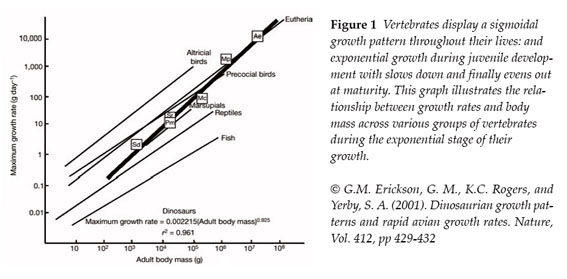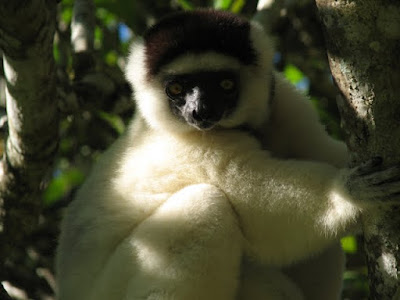Madagascar's Lucky Break and Endemic Invaders

Evolutionary consequences of Madagascar's isolation on extinct and extant vertebrate fauna © O'Reilly, X. (2010) Madagascar lies off the heal of the African continent. The world’s fourth largest island, on the map it is dwarfed by Africa’s shadow – but only in size. Famous for the immense variety of weird and wonderful organisms it is home to, most of which are found nowhere else, Madagascar’s unique biological catalogue is the result of millions of years of evolution in isolation, as well as its dramatically varied relief. Its most famous inhabitants, by far, are the lemurs – a whole group of endemic primates that come in a variety of forms, each uniquely adapted to specific niches throughout island’s amazing range of habitats. But lemurs are thought to have arrived on the island after its split from Africa – what was living on Madagascar at the time of its birth? What proportion of its current terrestrial vertebrate fauna actually split away with the is...


